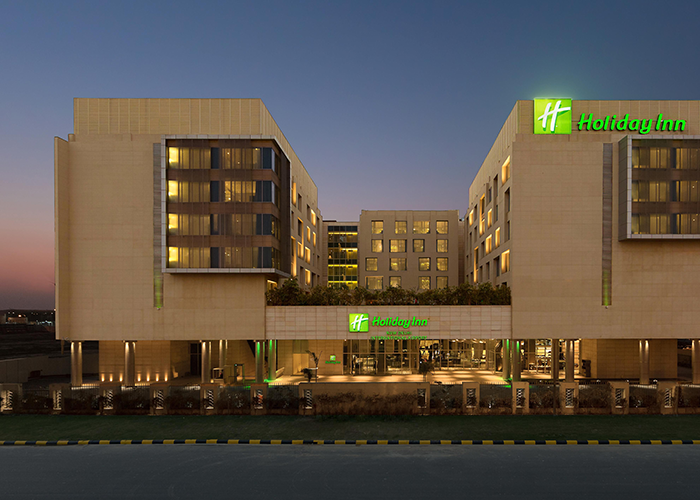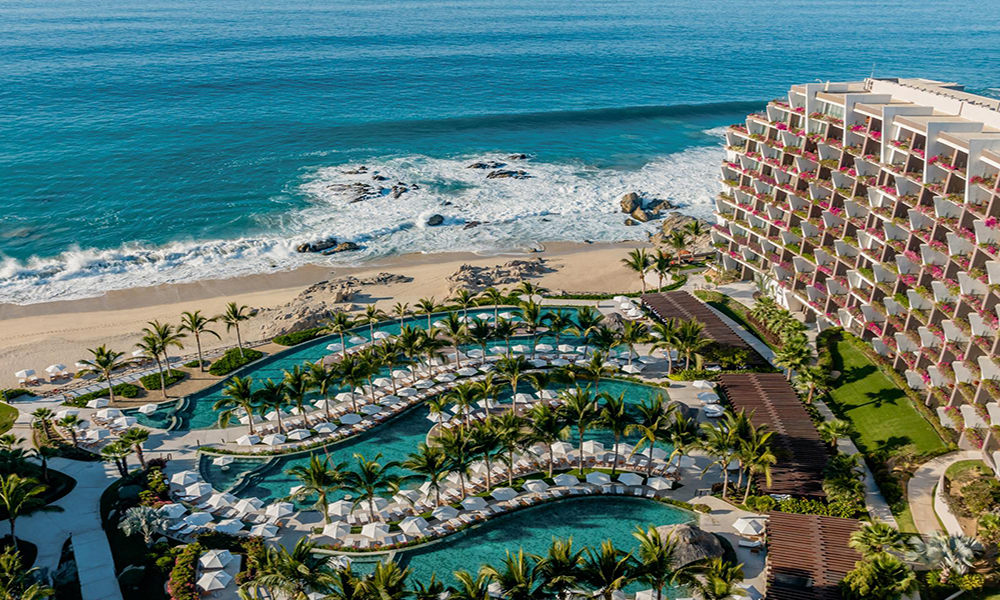Efficient Water and Wastewater Treatment Solutions for Hotels and Resorts Using STP, ETP, WTP, RO, WWTP Technologies

The hospitality industry in India has flourished rapidly, with an increasing number of hotels, resorts, and luxury stays catering to domestic and international tourists. Maharashtra, being a hub of business and tourism, particularly in cities like Mumbai, Pune, Lonavala, and coastal Konkan regions, has seen significant growth in hotel infrastructure.
This growth brings with it higher responsibilities, particularly in managing utilities such as water. With rising tourist footfalls and luxury standards, water usage has increased drastically in hospitality properties, necessitating efficient water management practices and wastewater treatment infrastructure.
Hospitality facilities require large volumes of water for daily guest services and operations.
Hotels and resorts require water for a wide range of applications. This includes bathrooms, laundries, swimming pools, kitchens, cooling systems, and landscape maintenance. Water quality is crucial for hygiene, guest satisfaction, and the longevity of plumbing and appliances.
Soft water is often used to avoid scale buildup in piping and equipment, while filtered water is required in kitchens and spas. The large-scale usage and seasonal peaks create a constant demand, making sustainable water sourcing and recycling essential.
Laundry, kitchens, and bathrooms generate most of the wastewater in hospitality facilities.
Daily operations in hotels lead to the consistent generation of wastewater. Sources include bathrooms, laundry services, kitchen discharge, floor cleaning, and swimming pool backwash. Luxury resorts, spas, and wellness centers also contribute to wastewater streams through oils, salts, and chemicals.
"In the hospitality sector, water isn’t just a resource—it’s part of the guest experience. Ensuring clean water for consumption and safely treating wastewater are key to operational excellence, sustainability, and environmental responsibility. Smart water management reflects not only on cost savings but also on a brand’s ethical commitment."
The wastewater contains soap, food waste, grease, detergents, and human waste, all of which need to be processed before safe discharge or reuse. Without treatment, this wastewater can affect public health and local ecosystems, particularly in tourism-sensitive areas.
Grey water and black water, which contain organic and chemical pollutants, are commonly produced in hospitality units.
Hotels produce two significant types of wastewater: grey water and black water. Grey water originates from showers, sinks, laundries, and kitchens. It usually contains detergents, oils, and food waste. Black water comes from toilets and contains pathogens, organic matter, and high BOD.
Laundry water, waste from laboratories, radIn high-end hotels, chemical-laden waste may also emerge from spas, cleaning agents, and pool discharges. All of this needs thorough treatment to avoid environmental degradation and to comply with municipal wastewater discharge standards.
Sewage Treatment Plants (STPs) and greywater recycling units are commonly used in hotel operations.
Hotels commonly install compact STPs to handle sewage generated from guest rooms and public areas. These systems often combine biological treatment (like MBBR or SBR) with tertiary treatment to ensure water is safe for reuse in flushing or gardening.
Kitchens and laundries with high grease content may require grease traps and oil separators before water enters the treatment system. Many resorts also integrate rainwater harvesting and greywater recycling units, helping reduce freshwater demand significantly.
Advanced filtration, automation, and real-time monitoring systems enhance water efficiency and sustainability.
Modern hotels invest in innovative treatment systems with automated controls, remote monitoring, and energy-efficient technologies. MBR, UF, and RO are increasingly adopted for polishing treated water and making it reusable for flushing gardening, or HVAC systems.
Some properties even implement Zero Liquid Discharge (ZLD) to ensure no water leaves the premises untreated. These solutions not only conserve water but also contribute to green building certifications like LEED, helping hotels align with eco-conscious guest expectations.
We design and implement tailored water treatment systems for hospitality and recreational properties.
Our company provides complete water treatment solutions customized for the hospitality sector. We understand that every hotel or resort has unique operational needs, seasonal demands, and space constraints. We design and deliver STPs, WTPs, ETPs, RO systems, and greywater recycling units accordingly.
Our services include site assessment, system design, equipment supply, installation, automation, and after-sales maintenance. Whether it's a boutique resort or a large chain hotel, we ensure high-performance systems that reduce water costs, meet compliance and support your sustainability goals.
Conclusion: Responsible Water Management is Crucial for Hospitality Sector Growth

Conclusion: Responsible Water Management is Crucial for Hospitality Sector Growth
The hotel and resort industry cannot afford to ignore water management. With rising operational costs and tightening environmental norms, installing robust water treatment systems has become both a necessity and a value proposition.
From STPs to advanced reuse technologies, these systems help properties cut down on water bills, protect the environment, and align with eco-conscious guests' expectations. With professional service providers offering turnkey solutions, integrating sustainable water practices has never been more achievable for the hospitality industry.

